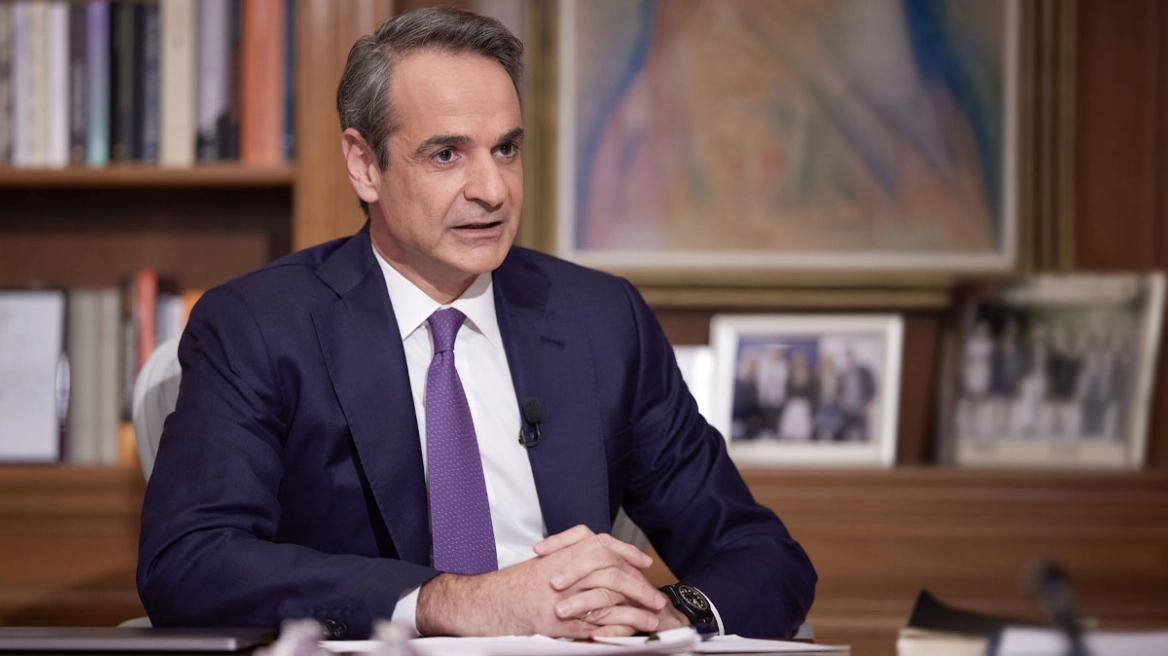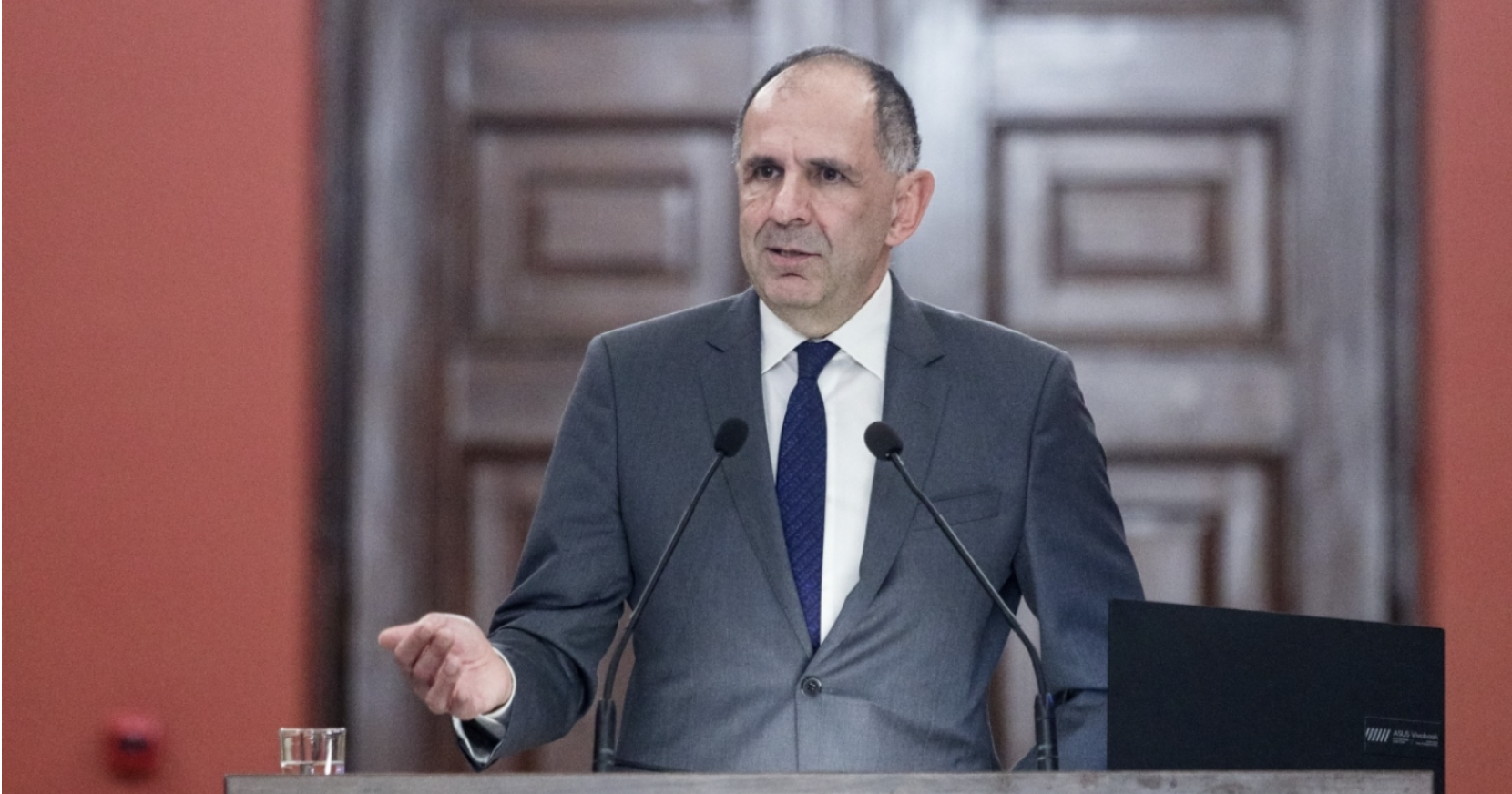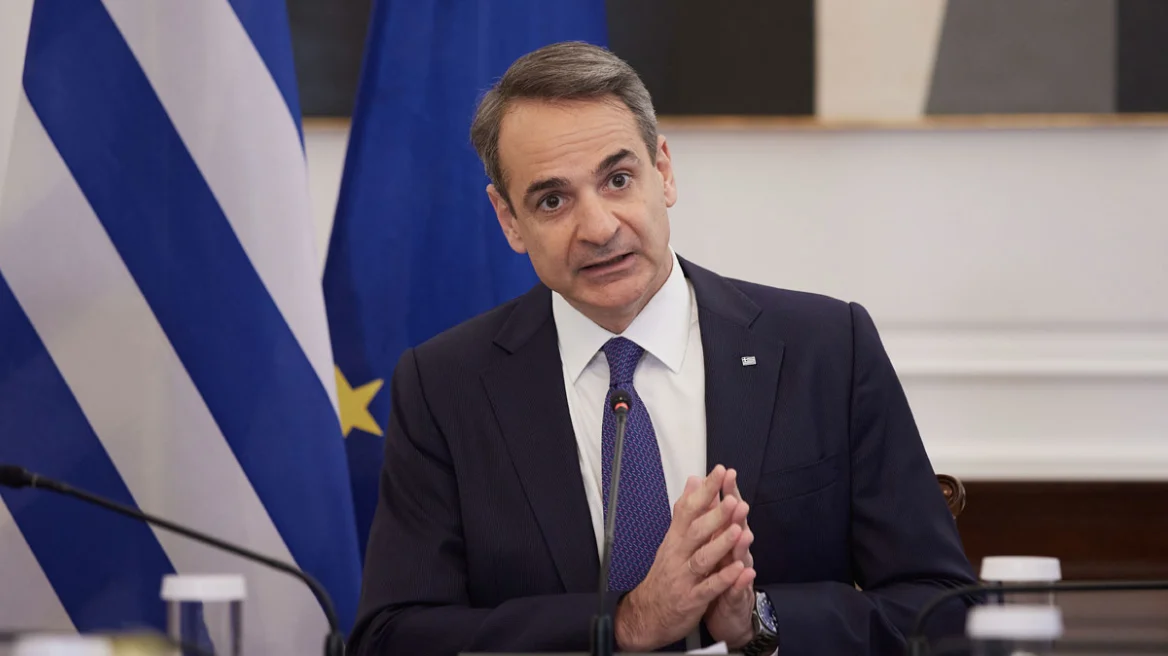In an interview on Greek state television ERT, the newly-appointed Minister of the Economy, Dimitris Papadimitriou, claimed that there would not be a fourth bailout agreement, saying: “In 2017, Greece will have the surplus that it needs to have.”
When asked about older statements he had made concerning a parallel currency, Papadimitriou, responded by saying that such questions were “deceptive,” and that even Prime Minister Alexis Tsipras had ruled out such a prospect. He also expressed his concern at the alarmist tendencies of the opposition party, New Democracy.
The minister, an economist, stressed that Europe needs Greece to return to growth and stability, observing that after the Brexit referendum, the rules of the Old Continent appear to have changed, and describing many EU members as having secessionist tendencies. “I think that to give the European people faith, they must change policies, and Greece’s return [to growth] will help them,” he said.
According to Papadimitriou, the German Finance Minister Wolfgang Schäuble is caught up in the very “trap” he set regarding the management of Greece’s public debt. “Many said the opposite of what Mr. Schäuble said. Everyone knows that Mr. Schäuble said so because there will be elections in Germany in 2017. He can’t escape the trap he has set,” Mr. Papadimitriou emphasized.
On the other hand, according to Bruegel Institute senior economist Zsolt Darvas who spoke at the Thessaloniki Summit earlier last month, Greece will in fact require a fourth bailout because it will be unable to borrow from international markets in 2018. “Therefore there will be a fourth financial assistance program,” he added, clarifying that “this does not mean that I agree with it.”
While Darvas said he did not know which government would negotiate the deal, he felt it should include a substantial haircut of Greece’s debt so that it would be able to borrow from international markets. He made mention of the country’s difficulties in collecting taxes, but predicted growth prospects for the economy in the medium term.
Sources: eKathimerini, To Vima
Ask me anything
Explore related questions





